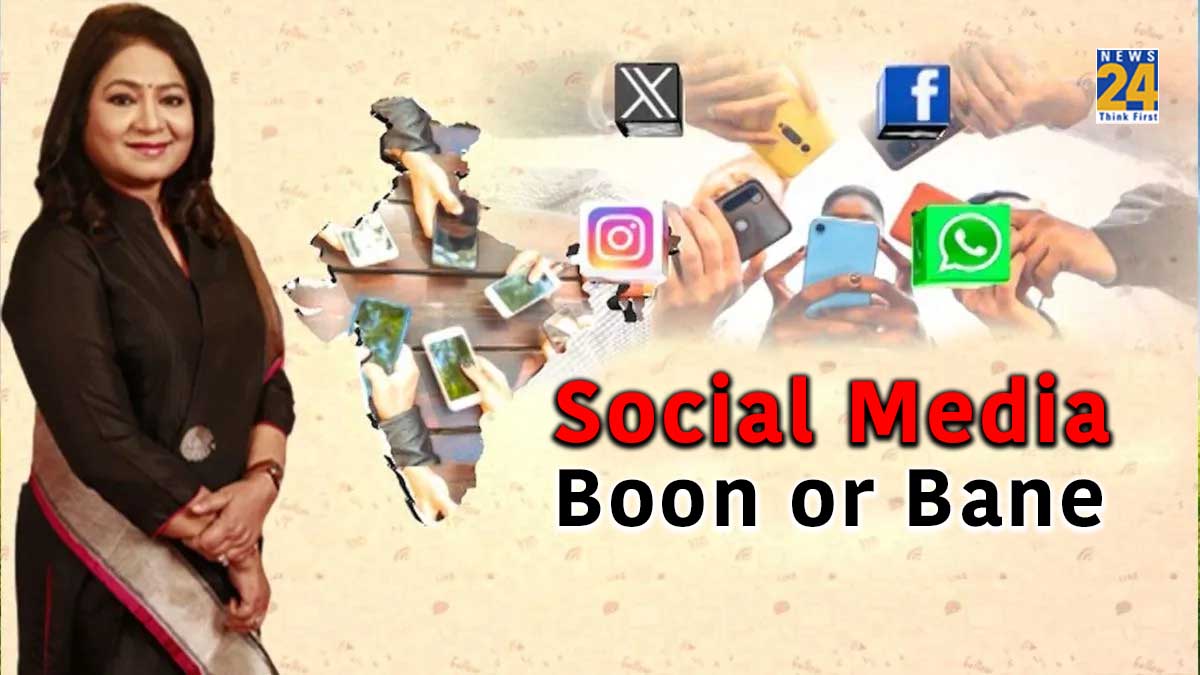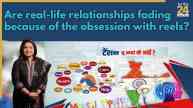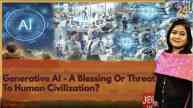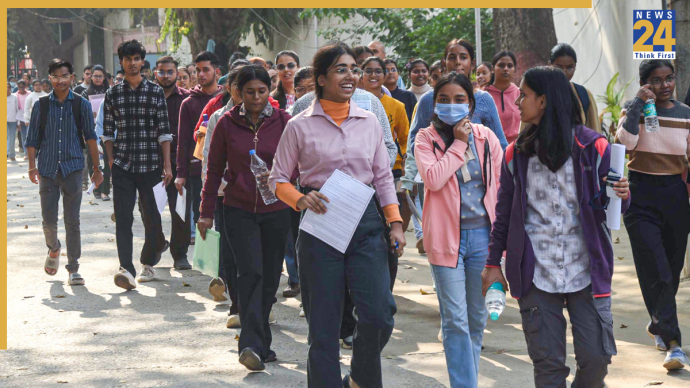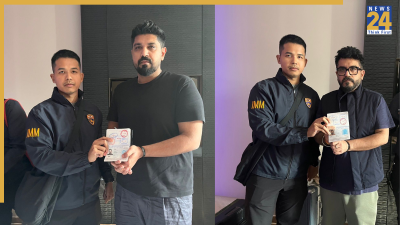Bharat Ek Soch: The impact of the internet and social media platforms on shaping collective consciousness, from children to the elderly, is playing a significant role.
In today’s day and age, finding a single family from a village to a city without a smartphone is difficult. It is challenging to find a young person who is not active on platforms like Facebook, WhatsApp, Twitter, and Instagram. These platforms have become a means to virtually connect people worldwide. While the internet and social media platforms are playing a significant role in influencing social awareness from children to the elderly today, they have also created a new crisis for people.
Being overly active on social media is becoming a dangerous addiction, posing a threat similar to substance abuse. This addiction is affecting the health of children, impacting their education, and hampering the efficiency of young individuals. Unintentionally, it is wasting their time, even influencing voting patterns in democracies. Let’s try to understand all aspects of being connected to social media and the internet.
A recent incident highlights the impact of social media on family dynamics. Four families gathered, with children aged between five and seven. Despite being in the same room for about two hours, none of the children interacted with each other. They were engrossed with their smartphones, connecting with the world according to their preferences. However, in reality, they were disconnected from the society and environment they should have been learning to live in. This scenario is not limited to India; excessive use of social media is causing similar issues globally.
The most significant impact of social media is on children’s sleep
School children in America are also falling prey to addiction to social media, which is as dangerous as alcohol addiction. The habit of spending hours on smartphones daily is affecting their confidence, eating habits, and overall mental health. This issue is becoming a global concern, with potential solutions like establishing Social Media or Mobile Rehabilitation Centers similar to drug rehabilitation centers.
You may have heard about de-addiction centers, but soon, parents might have to take their children to Rehabilitation Centers to break their addiction to social media. The use of technology has its benefits and drawbacks. While smartphones have made life easier, the constant connection to the world is compelling people to spend less time with their families. Communication within households is weakening, and the pursuit of virtual connections is diminishing real social connections.
More than 61% of people are using social media
More than 61% of the population is using social media according to recent research, and this figure is expected to cross 67% by 2025. In just eight years, the number of active social media users in India has tripled. While common people are using the power of the internet and social media in their way, businesses and political parties are also utilizing them for their purposes. However, this comes with its own set of issues, including the spread of fake news and manipulation of public opinion.
Social media is a powerful tool in the hands of the common man today, used according to their understanding. Controlling its use seems impossible, and its benefits come with equal or more significant disadvantages. While smartphones have become a tool for education during the COVID-19 pandemic, they have also overwhelmed children with information, making it difficult for them to differentiate between what is essential and what is not.
Even after returning from the online to offline world, children’s attraction to social media has not diminished
It is creating a distance from playgrounds, real friends, societal realities, and neighborhood environments. Therefore, everyone needs to think seriously about maintaining a healthy social system, considering how much and when to use social media to avoid affecting productivity and being trapped in the whirlpool of misinformation. Balancing time spent on social media is crucial for a healthy and productive life. Digital fasting is slowly becoming a trend, similar to having a day or two off from work during the week or no classes on Saturdays and Sundays in schools.

